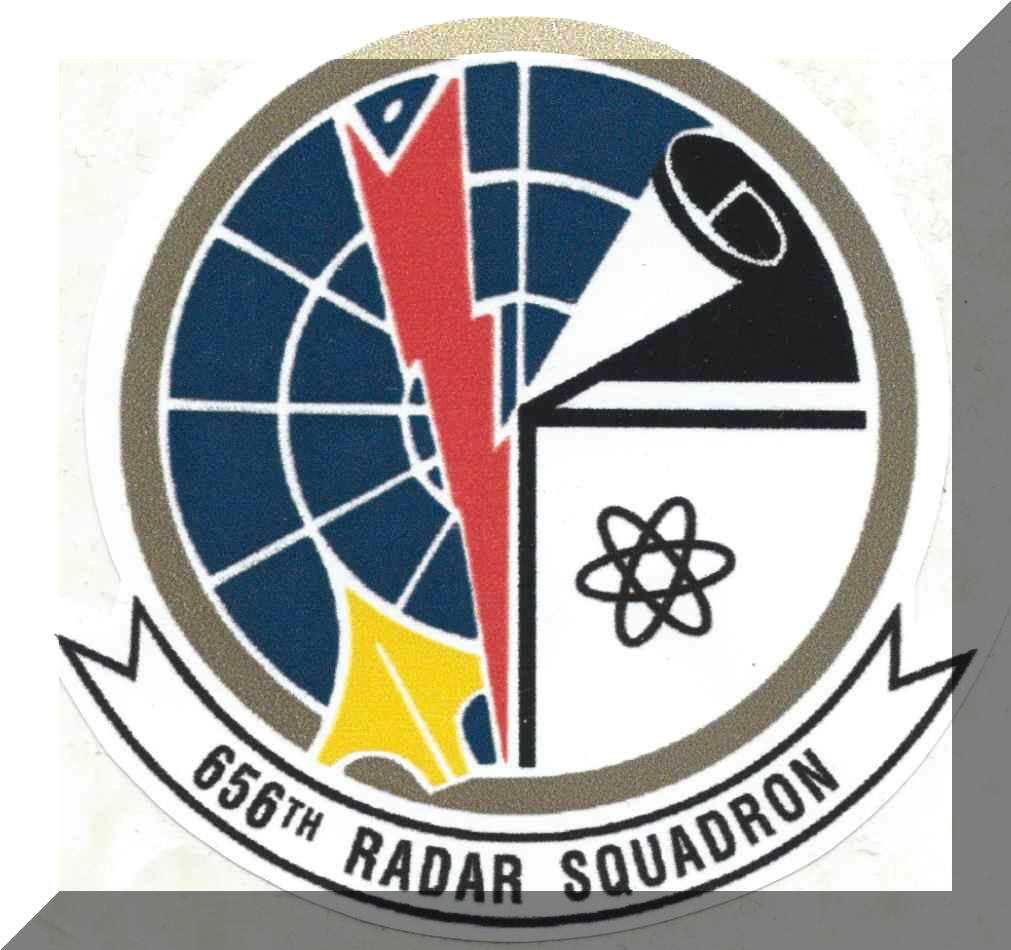656th Radar Squadron, Saratoga
Springs, NY
Dedicated to the preservation of the
656th Radar Squadron memories
by the veterans of
the Saratoga Air Force Station.
Old Radar men never die - Their echos
fade away in accordance with the inverse fourth power law.
In September 1948 the
Air Force authorized
Air Defense Command
to establish thirteen radar stations in the Northeastern United States.
These stations were in operation by mid-1949. Prompted by the start of
the
Korean War,
on July 11, 1950, the Secretary of the Air Force asked the Secretary of
Defense for approval to expedite construction of additional stations,
and it received the Defense Secretary’s approval on July 21, the Air
Force directed the
Army Corps of Engineers
to proceed with construction.
Because of
difficulties with new production radar equipment, the radar station,
initially known as Schuylerville, NY, did not open until 1 February 1952
when the 656th Aircraft Control and Warning Squadron activated with
AN/FPS-3
and
AN/FPS-5
radars and assumed the coverage from the temporary "Lashup" site at
Schenectady, NY (L-7), and initially the station functioned as a
Ground-Control Intercept (GCI) and warning station. As a GCI station,
the squadron's role was to guide interceptor aircraft toward
unidentified intruders picked up on the unit's radar scopes. The station
was redesignated as Saratoga Springs AFS on 1 December 1953.
Saratoga Springs AFS
was one of the first to receive an
AN/FPS-20
search radar in the spring of 1957. By 1958 the original radars were
gone, and operations continued with an AN/FPS-20 and a pair of
AN/FPS-6
height-finder radars. During 1958 Saratoga Springs AFS joined the
Semi Automatic Ground Environment
(SAGE) system, initially feeding data to DC-02 at
Stewart AFB,
New York. After joining, the squadron was re-designated as the
656th Radar Squadron
(SAGE) on 15 December 1958. The radar squadron provided information 24/7
the SAGE Direction Center where it was analyzed to determine range,
direction altitude speed and whether or not aircraft were friendly or
hostile.
The search radar
subsequently was upgraded in 1961 to become an
AN/FPS-65.
Major equipment changes occurred during 1963 with the arrival of an
AN/FPS-27
search radar along with
AN/FPS-26A
and
AN/FPS-90
height-finder radars. On 31 July 1963, the site was redesignated as
NORAD ID Z-50.
In 1964 this site became an ADC/FAA
joint-use facility. The AN/FPS-65 was removed in 1965.
In addition to the
main facility, Saratoga Springs operated three unmanned
AN/FPS-14
Gap Filler sites located in New Preston, CT and New Salem, MA and an
AN/FPS-18
in Andes, NY. All were closed in June
1968.
Over the years, the equipment at the station was
upgraded or modified to improve the efficiency and accuracy of the
information gathered by the radars. The site conducted routine
operations until 1976 when it was announced the station would be closed
as a result of the unlikelihood of an air attack on the Continental
United States. The 656th Radar Squadron was inactivated on 30 June 1977.
The FAA continued using the AN/FPS-27 tower to house beacon (SIF) only
for several years after the USAF ceased radar operations.
Today, Saratoga Springs Air Force Station is
abandoned and deteriorating. Most structures and towers still stand in
various states of disrepair. The three Gap Filler sites have their
support buildings still standing, also abandoned.


Counter was reset 10/8/2013
 |
 |
 |
 |
 |
 |
 |
| Home |
Vets Page |
Reunions |
Photos |
Historic Marker |
Newsletters |
Other Links |